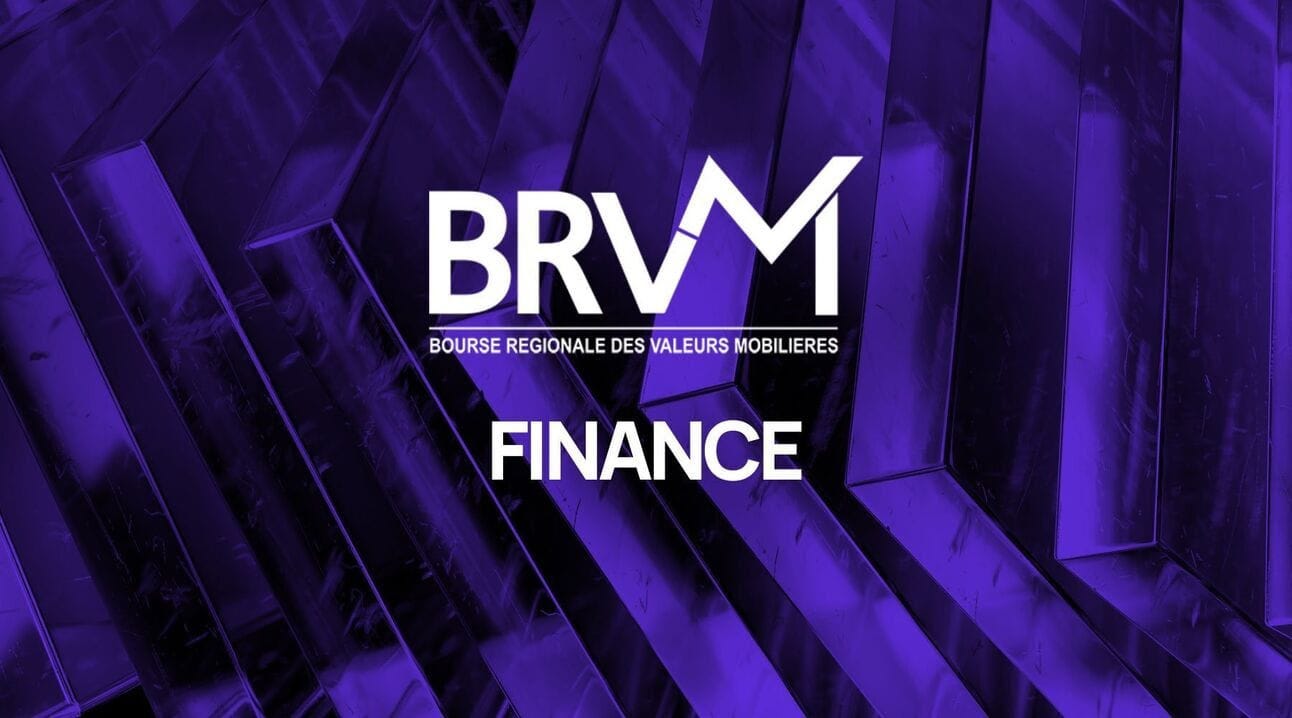Pulse54: Africa's digital dollar dilemma
In a continent where major economies grapple with persistent currency volatility and inflation, stablecoins have emerged as a solution for Africans but a challenge for Africa.
Hey👋🏽
Happy new month and welcome to another edition of Pulse54.
It’s Mike here and today, we’re diving into the rise in popularity of digital tokens among Africans and its implications on the continent’s economy.
If you haven't subscribed, join thousands of smart people curious about Africa.
In Case You Missed It: We Launched a New Stock Collection
Our stock collections enable you invest in a group of stocks curated by country, sector, and beliefs (e.g Halal)
The latest in the family, BRVM Finance, features 14 leading financial services companies listed on the regional stock exchange.
And guess what? It has already delivered over 21% gain this year!
Tap below to invest now on the Daba app.
Alright, let’s dive in!
In Lagos, Emmanuel, a textile importer, no longer struggles with bank delays for international payments. He simply converts naira to USDT, transferring value across borders instantly.
Sara preserves her family's savings against the depreciating Ethiopian birr by holding USDC on her smartphone.
Meanwhile, in Accra, tech entrepreneur Kwame pays his Chinese suppliers in stablecoins, bypassing Ghana's foreign exchange restrictions altogether.
These everyday scenarios illustrate a quite yet profound shift in Africa’s financial landscape.
Stablecoins—cryptocurrencies whose value is pegged, or tied, to that of another currency, commodity, or financial instrument—have become financial lifelines across the continent, offering refuge from volatile local currencies.
Recent Chainalysis data reveals stablecoins now constitute 43% of Africa's crypto transaction volume, with adoption surging in countries experiencing severe currency pressures.
This trend accelerated visibly in Nigeria after President Bola Tinubu floated the naira in June 2023, triggering a sharp devaluation.
Almost immediately, small-value stablecoin transactions under $1 million spiked as Nigerians sought shelter in digital dollars.
Ethiopia tells an even more dramatic story.
Following the birr's 30% devaluation in July 2023, the country became Africa's fastest-growing market for retail stablecoin transfers, recording a major 180% year-over-year increase.
The pattern is clear: as local currencies weaken, citizens migrate to stablecoins to hedge against economic uncertainty.
But the appeal extends beyond individual users.
With foreign exchange (FX) crises affecting around 70% of African countries, businesses engaged in international trade increasingly rely on dollar-pegged tokens to facilitate cross-border transactions.
The most popular stablecoins, USDT and USDC, serve as a proxy for the dollar. If you can acquire them, you can easily swap them into hard dollars elsewhere.
Even traditional financial institutions are adapting, with ABSA Group developing institutional-grade crypto custody services as a foundation for broader adoption of digital assets.
However, this flight to digital dollars carries economic implications.
While stablecoins offer immediate relief from local currency volatility, they potentially accelerate currency depreciation by reducing demand for domestic assets, mirroring traditional dollarization concerns that have historically plagued emerging markets.
This digital dollarization also introduces new vulnerabilities.
The 2022 collapse of TerraUSD, which erased $45 billion in market value within a week, demonstrates that stablecoins aren't infallible.
Questions surrounding Tether's dollar reserves, highlighted by its $41 million settlement with the U.S. Commodity Futures Trading Commission in 2021, further underscore the importance of regulatory oversight.
Rather than accepting stablecoin dominance as inevitable, African governments are beginning to develop strategic responses.
South Africa's Intergovernmental Fintech Working Group plans to publish specific regulations for stablecoins, while Nigeria announced plans for a regulated naira stablecoin, cNGN, in January.
These initiatives suggest growing recognition that digital currencies must be integrated into broader financial policy frameworks.
From an investment and wealth preservation standpoint, however, the most promising approach may be strengthening domestic investment alternatives.
Digital platforms like Daba Finance are breaking down barriers to stock market participation across Africa, allowing investors to build wealth through exposure to the continent’s markets rather than seeking refuge in foreign currencies or assets.
By making local investments more accessible, these platforms could redirect capital that might otherwise flow into stablecoins back into domestic markets.
Beyond equity markets, robust national savings programs could play a critical role.
Countries with high domestic savings rates typically experience greater currency stability and economic resilience.
Singapore has maintained currency strength partly through mandatory savings schemes that channel domestic capital into productive investments.
African governments could more effectively compete with the appeal of dollar-pegged stablecoins by offering attractive, inflation-adjusted returns on domestic savings products.
Recent initiatives by African stock exchanges to modernize trading systems show promise.
The African Securities Exchanges Association reports increasing retail participation across member exchanges, particularly through mobile platforms.
This democratization of local market access could provide compelling alternatives to stablecoin holdings, especially combined with financial literacy programs and tax incentives.
Looking ahead, Africa's financial future will likely blend traditional and digital assets.
Policymakers will need to harness the benefits of stablecoins while mitigating negative impacts on local economies.
The key is to develop products that satisfy immediate stability needs while encouraging long-term investment in domestic markets.
The success of platforms that facilitate local investment like Daba suggests that, with appropriate incentives and infrastructure, domestic financial products can indeed compete with the powerful allure of digital dollars.
That’s it for this edition.
You can also download the Daba app to access vetted investment opportunities in African VC - from exciting early-stage startups to professionally managed venture funds.
Until next time!








